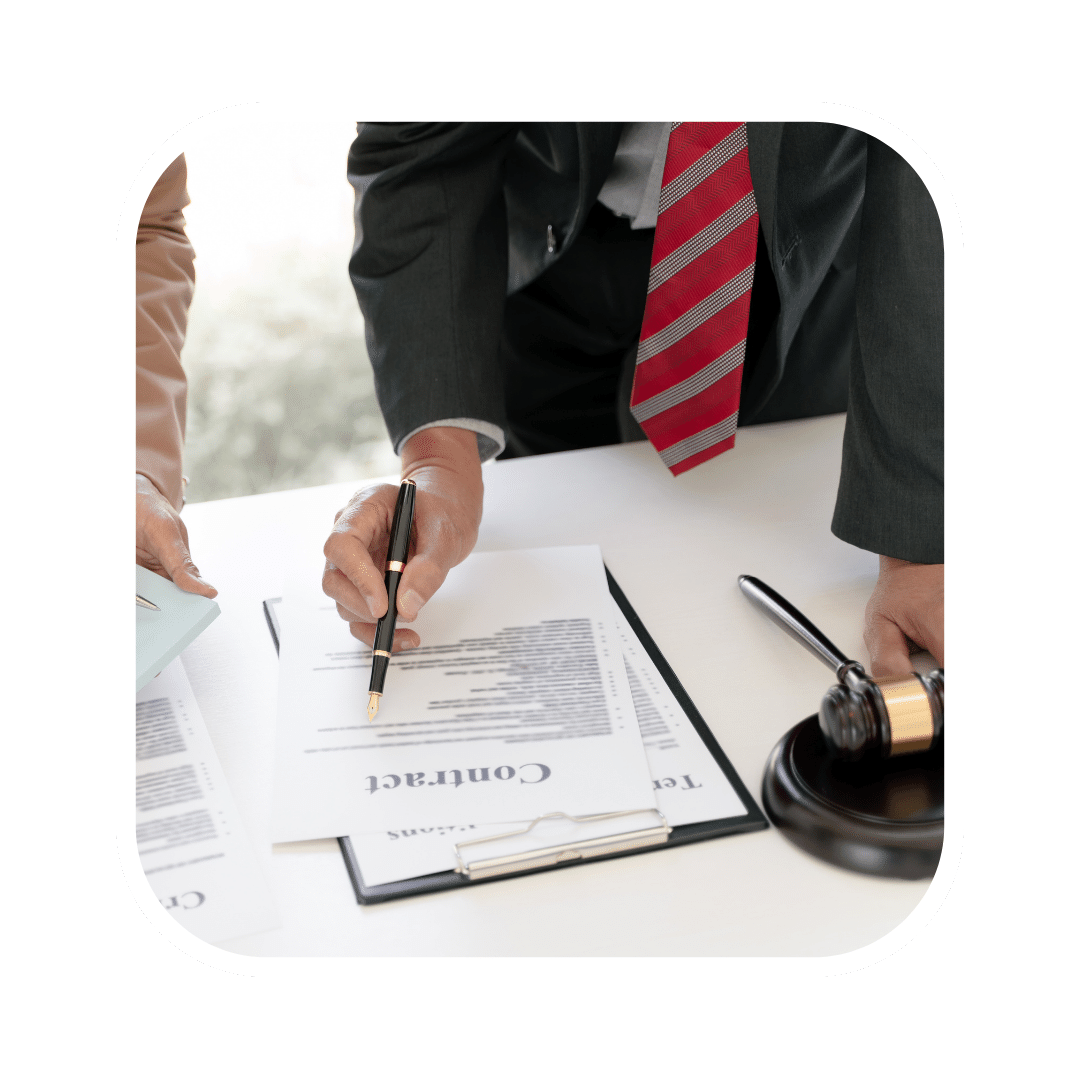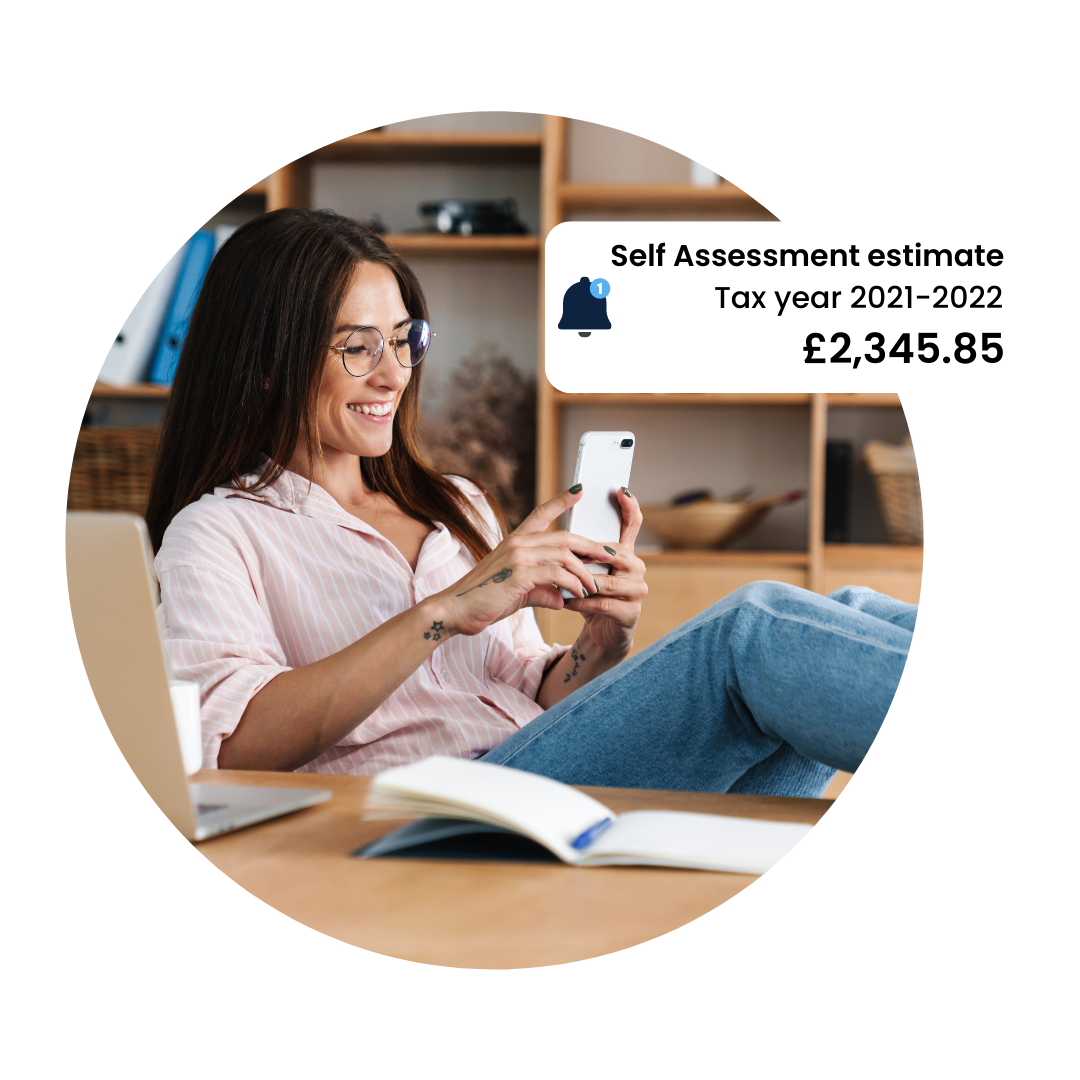CIS deductions: what expenses can you claim?
If you’re self-employed and work under the Construction Industry Scheme (CIS), there are several deductions available that can help increase your tax rebate.

How to claim
If you’re a self-employed contractor in the construction industry, you must register for the Construction Industry Scheme (CIS), which is an HMRC program that outlines how construction workers pay tax.
If you are working for a contractor, you are considered a subcontractor, and you can choose whether or not to register under the CIS.
CIS work includes most construction work such as:
- Repairs and decorating
- Civil engineering work
- Building work
- Demolition and dismantling
- Installing systems for ventilation, heating etc
Contractors must withhold tax when paying subcontractors in line with the CIS rules and tax rates:
20% is deducted if the subcontractor is registered under the CIS
30% is deducted if the subcontractor is not registered under the CIS
This will then count towards income tax and national insurance contributions.
Some expenses you can claim as self employed

Tools and safety equipment
You can only claim tools or safety equipment that belong to you and that you bought specifically for work. But you won’t be able to claim tools that belong to others, like from your contractor for example.
Examples of tools and safety equipment that you can claim would be:
- Power tools
- Drills
- Reflective vests
- Protective gloves
- Safety helmets
You can also claim the expense of cleaning and repairing any of your tools and equipment.
Car and van expenses
If you use your car or van for your work, you can claim a proportion of your travel expenses. This includes:
- vehicle insurance
- repairs and servicing
- fuel
- parking
- hire charges
- vehicle licence fees
- breakdown cover
- train, bus, air and taxi fares
- hotel rooms
- meals on overnight business trips
You cannot claim for:
- non-business driving or travel costs
- fines
- travel between home and work


Travel expense
You can claim expenses for:
- Public transport costs
- Parking fees
- Tolls
Travel Expense
You can claim allowable business expenses for:
- advertising in newspapers or directories
- bulk mail advertising (mailshots)
- free samples
- website costs
You cannot claim for:
- entertaining clients, suppliers and customers
- event hospitality


Legal and financial costs
Accountancy, legal and other professional fees can count as allowable business expenses.
You can claim costs for:
- hiring of accountants, solicitors, surveyors and architects for business reasons
- professional indemnity insurance premiums
You cannot claim for:
- legal costs of buying property and machinery – if you use traditional accounting, claim for these costs as capital allowances
- fines for breaking the law
Staff expenses
You can claim allowable business expenses for:
- employee and staff salaries
- bonuses
- pensions
- benefits
- agency fees
- subcontractors
- employer’s National Insurance
- training courses related to your business
You cannot claim for carers or domestic help, for example nannies.


Subscriptions
You can claim for:
- trade or professional journals
- trade body or professional organisation
- membership if related to your business
You cannot claim for:
- payments to political parties
- gym membership fees
- donations to charity – but you may be able to claim for sponsorship payments
Bank, credit card and other financial charges
You can claim business costs for:
- bank, overdraft and credit card charges
- interest on bank and business loans
- hire purchase interest
- leasing payments
- alternative finance payments, for example Islamic finance
You cannot claim for repayments of loans, overdrafts or finance arrangements.


Rents, rates, power and insurance costs
You can claim expenses for:
- rent for business premises
- business and water rates
- utility bills
- property insurance
- security
- using your home as an office (only the part that’s used for business)
Buying vehicles
If you use traditional accounting and buy a vehicle for your business, you can claim this as a capital allowance.
If you use cash basis accounting and buy a car for your business, claim this as a capital allowance as long as you’re not using simplified expenses.
For all other types of vehicle, claim them as allowable expenses.


Training courses
You can claim allowable business expenses for training that helps you improve the skills and knowledge you use in your business (for example, refresher courses).
The training courses must be related to your business.
You cannot claim for training courses that help you:
- start a new business
- expand into new areas of business, including anything related to your current business
Reselling goods
You can claim allowable business expenses for:
- goods for resale (stock)
- raw materials
- direct costs from producing goods
You cannot claim for:
- any goods or materials bought for private use
depreciation of equipment

How to claim
Keep records of all your business expenses as proof of your costs.
Add up all your allowable expenses for the tax year and put the total amount on your Self Assessment tax return.
You do not need to send in proof of expenses when you submit your tax return. But you should keep proof and records so you can show them to HM Revenue and Customs (HMRC) if asked.
You must make sure your records are accurate.

